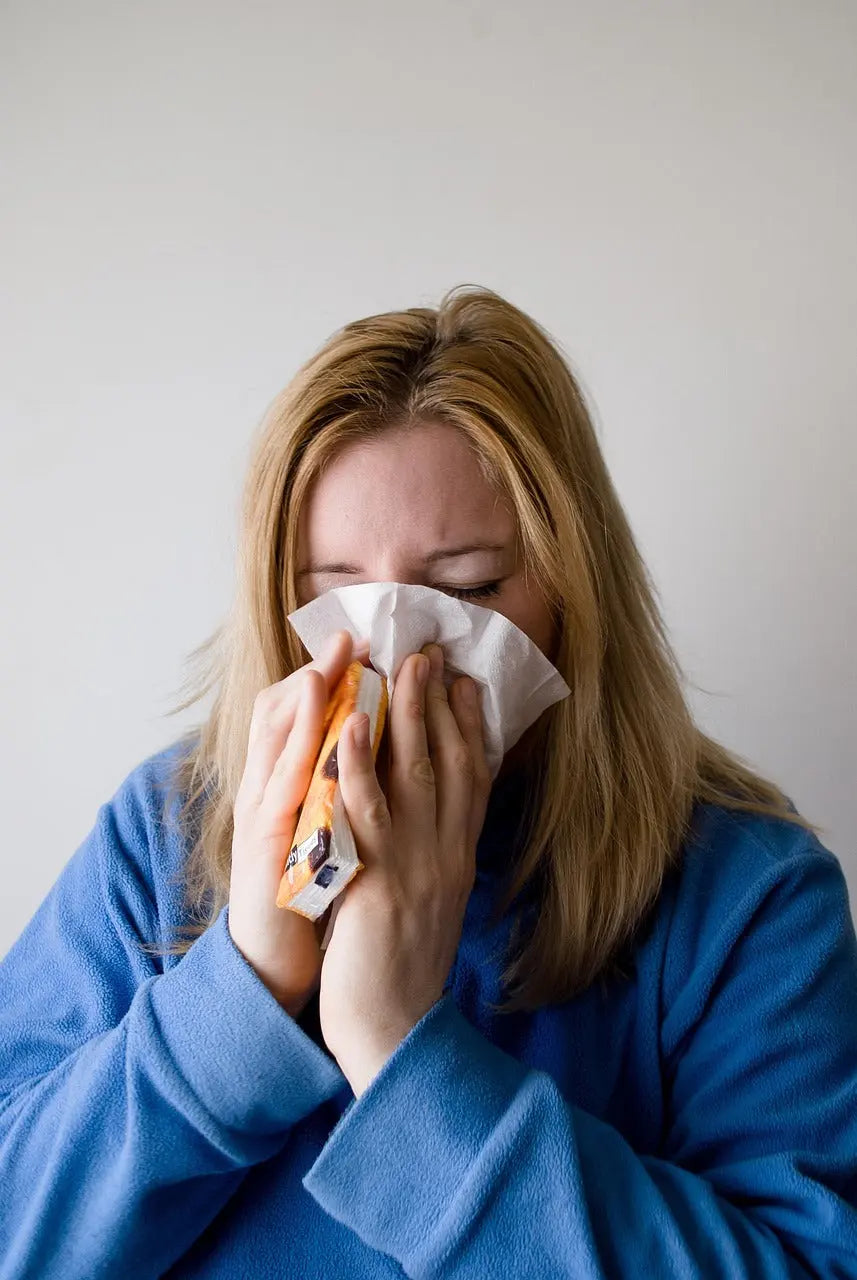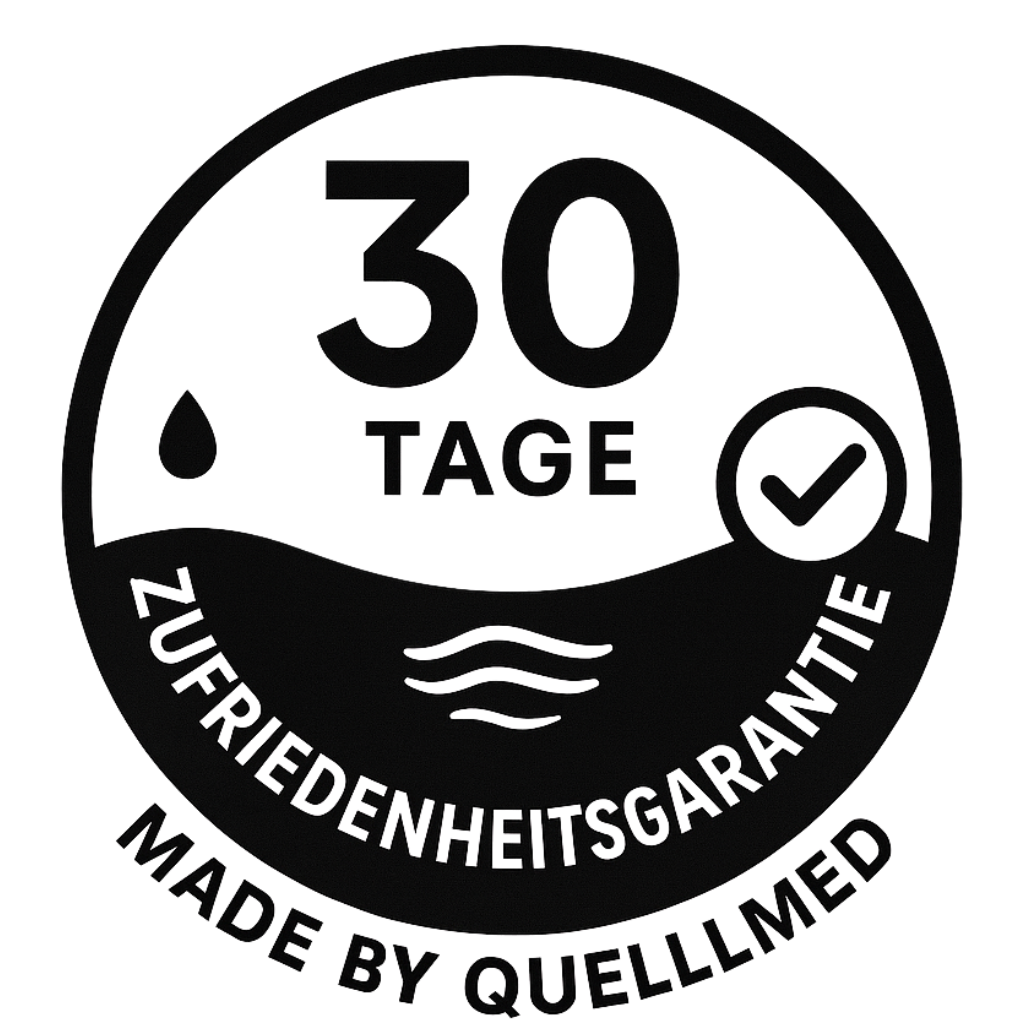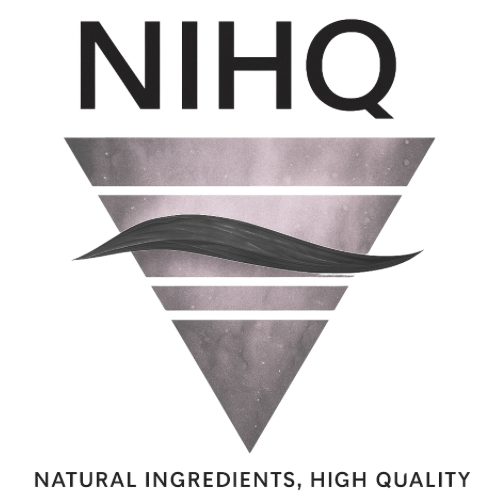
Allergy and skin – when the immune system overreacts
Share
Allergies are among the most common chronic diseases in Central Europe. Whether to pollen, pet hair, house dust, or certain foods – allergic reactions not only affect the respiratory tract or eyes, but also very frequently affect the skin. Itching, redness, and eczema are a daily burden for many sufferers.
But how exactly do allergies affect the skin? And what can you do to alleviate the symptoms and strengthen your skin?
What is an allergy?
An allergy is an immune system misreaction to otherwise harmless substances. The body mistakenly classifies the substance – the allergen – as a threat and triggers inflammatory processes. Immediate-type allergies, in which symptoms appear within minutes of contact with the allergen, are particularly common.

Typical skin symptoms of allergies
The skin is one of the first organs to react to allergic stimuli. Typical symptoms include:
- Redness, itching, feeling of tension
- Dry, scaly or weeping areas
- Blisters, hives or eczema
These reactions can be localized – for example, on the forearms after contact with animal hair – or spread to larger areas of skin.
Why skin is so sensitive
The skin is not just a protective layer, but an active immune organ. Directly beneath the surface are specialized defense cells that release inflammatory messengers like histamine upon contact with allergens. This leads to redness, swelling, itching, and often the loss of the natural skin barrier.
What helps with allergic skin
Avoiding contact
If you know your personal triggers, you can respond specifically. This includes, for example, washing clothes and textiles frequently, avoiding fragrances, or wearing gloves when in contact with animals.
Acute care
Non-irritating sprays, gels or roll-ons with soothing ingredients can quickly relieve the skin – ideally immediately after contact.
Strengthen the skin barrier
- Mild cleansing without alcohol, perfume or aggressive surfactants
- Regular re-fatting with lipids or skin-soothing minerals
- Daily care to bind moisture and maintain the natural protective function
Use cortisone specifically
Cortisone may be necessary for severe allergic eczema, but should not be used continuously. For mild to moderate reactions, natural alternatives are often sufficient for symptomatic relief.

Everyday skin care: These rituals help
Take a lukewarm shower
Hot water dries out the skin and further irritates it. Short, lukewarm showers (maximum ten minutes) and immediate application of moisturizer help maintain the skin barrier.
Drink enough
At least 1.5 to 2 liters of water per day promotes hydration of the skin from within and supports natural regeneration.
Reduce stress
Stress affects the immune system and can exacerbate allergic reactions. Relaxation methods such as mindfulness, breathing exercises, or moderate exercise have been proven to help.
Healthy sleep
The skin regenerates during sleep. Regularly getting seven to eight hours of sleep supports the natural renewal of skin cells.
Low-allergen environment
Smooth floors instead of carpets, regular washing of textiles, HEPA filters in vacuum cleaners and, if necessary, air purifiers help to reduce allergen exposure – especially in the case of pet hair or house dust allergies.

For acute irritations: targeted relief with Quellmed Akutroller
In cases of allergic itching – for example after contact with animal hair or irritants – the Quellmed Acute Roller has proven to be a natural, practical aid.
It contains highly mineralized healing spring water from Nienburg/Weser with minerals such as magnesium, sodium, calcium, bromide, and iodide, known for their skin-soothing and anti-inflammatory properties. The roller can be applied selectively to affected areas of the skin, providing an immediate cooling effect and relieving feelings of tightness and irritation – completely fragrance-free, alcohol-free, or cortisone-free.
Thanks to the hygienic roll-on application, it is also suitable for use on the go, for example when taking a walk, in the office or after contact with animals.

Conclusion
Allergies often manifest themselves on the skin and impair the well-being of many sufferers. Those who know their own triggers, consciously care for them, and contribute to skin health through small rituals can often significantly alleviate symptoms. For acute symptoms, non-irritating, mineral-based products like the Quellmed Acute Roller offer simple and well-tolerated relief – especially for itchy, sensitive skin.



